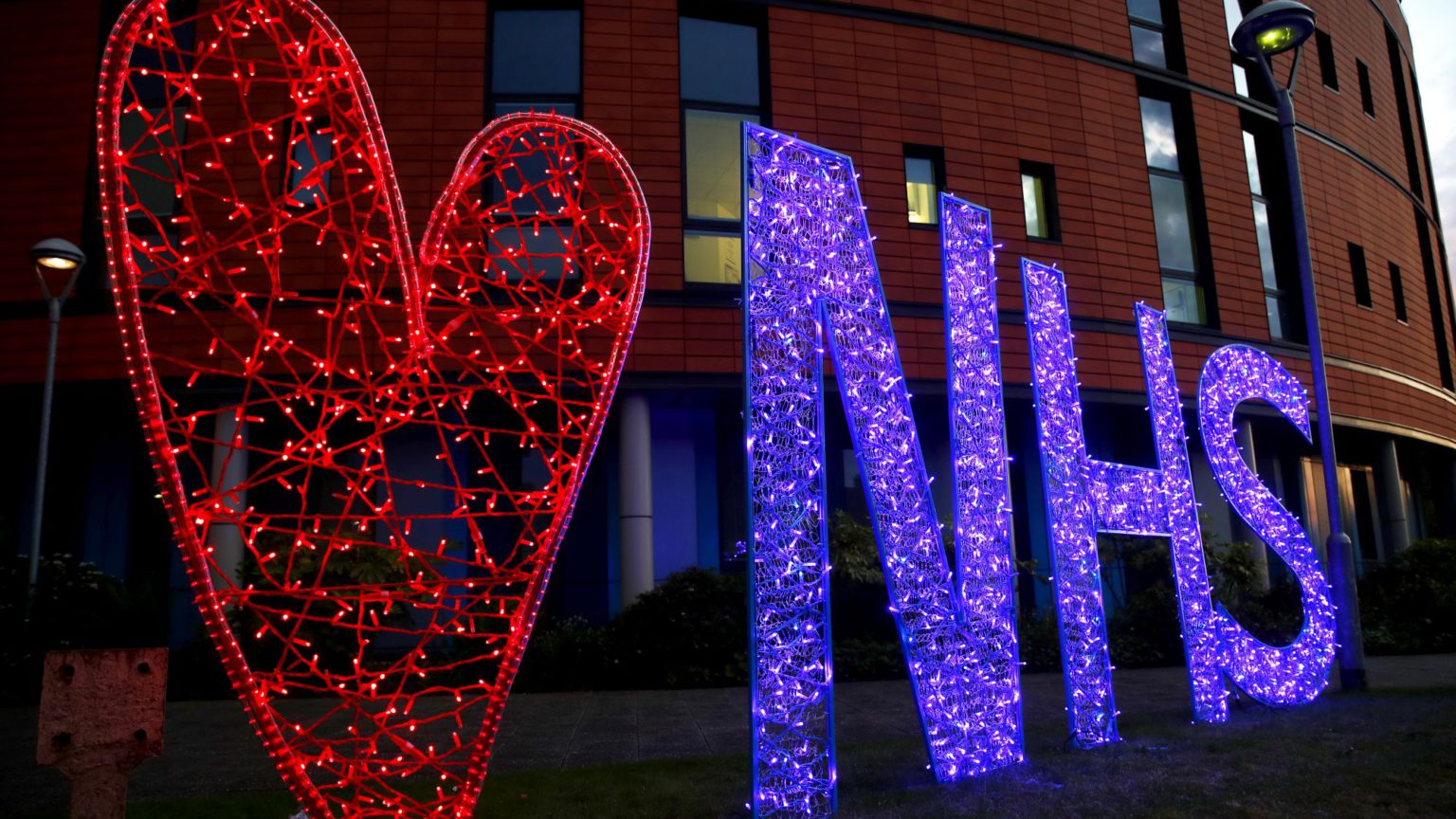As an ITU doctor, I cannot clap for the NHS
Frontline staff deserve respect. But the NHS bureaucracies are unaccountable, incompetent and exploitative.

The coronavirus outbreak has completely upended our hospitals. Makeshift ITUs have been created in areas completely unsuited for critically ill patients. Our regular capacity to move freely between wards, and to carry phones, drugs and equipment, has all been lost to the need to wear full PPE. I have worked alongside dedicated nurses looking after the sickest of the sick in this crisis, and in those early weeks I formed a real sense of camaraderie with my colleagues. Yet despite being embedded in the frontline, I cannot bring myself to clap for the NHS.
I understand why people want to show solidarity with frontline workers, especially when the lockdown deprives the public of the chance to make a meaningful contribution to the crisis. I can’t clap for the NHS because of a truth that all NHS staff come to learn – that the NHS runs only by exploiting its workers.
This is not a problem new to the Covid era. All frontline workers have become used to routine assaults by hospital managers. Up and down the country, healthcare professionals find our recorded hours of work are massaged into smaller and smaller figures. We are having to fund more and more of our equipment and training out of our own pockets. We pay excessive parking fees for the privilege of parking on available grass verges. If we are too tired to drive home, we pay to stay in accommodation that can lack heating, hot water and even electricity. Many doctors would be grateful to have so much as a coat hook, let alone somewhere secure to prevent their belongings from being stolen.
But it isn’t just this baseline neglect that disenfranchises us frontline staff. Our ability to deliver care is constantly hampered by poor organisation. Antiquated bleep systems are still used to communicate with one another, and the ability of our bosses to coordinate our complex rotas is questionable at best. Perhaps worst of all is the drive to digitise as much of our work as possible, while the necessary resources to carry out this work are withheld. I cannot emphasise enough how frustrating it is to know that crucial investigations for an acutely deteriorating patient are technically available on the system, but that I won’t be able to access them for at least 15 minutes.
I doubt anything written so far would even raise the eyebrow of an NHS worker. The NHS holds effective monopsony power, and we all grow desensitised to the farcical situations we encounter throughout our working lives. The farce has been harder to ignore, however, since Covid broke out.
Some doctors, such as Max Pemberton, noticed that with the bulk of managerial staff out of the way, his trust has been capable of making agile and drastic changes. Having spoken with friends and colleagues, the same cannot be said for much of the country. When the crisis was at its worst, and we were stretched to dangerous ratios of patients to staff, you would hope that every second of our time was spent looking after the patients. But again, much of the infrastructure is left to the frontline to fix, be it setting up printers or fixing sluices. In many hospitals where staff are wearing full PPE in cramped, make-do conditions, they get further baked by the hospital central-heating systems, over which they have no control.
The disconnect between frontline staff and management is enormous. Management can make mistakes, whether it is purchasing the wrong equipment or delivering faulty IT systems, with complete impunity, while those of us who try to pick up the pieces of their mess get dragged through tribunals and the courts (such as Dr Bawa-Garba).
This unaccountability is not limited to hospital management. The failures of procurement departments and of Public Health England during this crisis are by now well-documented. As for how much time and money is wasted by countless other NHS bodies – including (but not limited to) NHS Digital, NHS Resolution and NHS Business Services Authority – I can only guess. No one seems interested in holding these bodies to account, either.
No clearer example of this can be found than Dr Chris Day, who blew the whistle on a situation that put his patients in tremendous danger. Because of this, he has been attacked relentlessly by his NHS Trust, NHS England and even civil servants within the Department of Health. Day’s landmark case in the Court of Appeal defended whistleblowing protection for junior doctors. His fight against the NHS establishment has achieved more than the British Medical Association – the doctors’ trade union – has achieved in years of supine negotiations (the fact the BMA abandoned him to face the fight alone is telling). Ultimately, creatures of the NHS establishment have shown themselves happy to oppose those defending patient safety in order to promote the status of their organisation over its responsibility to deliver care.
If you must still clap for the NHS, don’t let the work of doctors, nurses, physios and pharmacists whitewash the actions of the sprawling NHS bureaucracies. Perhaps a clap with three fingers to the palm is a clap for the front line, without extending it to those hiding behind us.
Michael Lucas is the pseudonym of an NHS intensive-care doctor.
To enquire about republishing spiked’s content, a right to reply or to request a correction, please contact the managing editor, Viv Regan.








Comments
Want to join the conversation?
Only spiked supporters and patrons, who donate regularly to us, can comment on our articles.